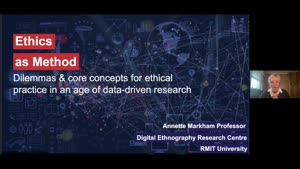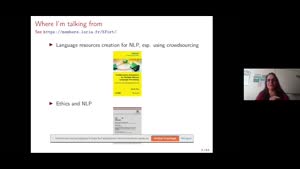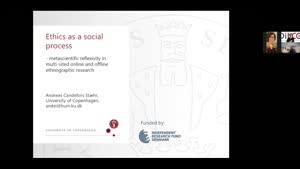Between the macro and the micro: Using computational tools to better understand sociolinguistic issues: DiLCo Lecture Series 2022 (22 September) - Christian Ilbury - Universität Hamburg
- Lecture2Go
- Videokatalog
- F.5 - Geisteswissenschaften
- Sprache, Literatur, Medien (SLM I + II)
- Digital language variation in context (DiLCo)
Videokatalog
Between the macro and the micro: Using computational tools to better understand sociolinguistic issues: DiLCo Lecture Series 2022 (22 September)
The recent development of “Computational Sociolinguistics” (Nguyen et al., 2016) has signalled an exciting and fruitful research area, with NLP tools increasingly common in analyses of language variation and change. Along with this development, researchers have also started to consider the analytical potential of combining ‘big’ (e.g., computational) and ‘small’ (e.g., interactional) data and methods in exploring sociolinguistic phenomena (Bamman et al., 2014; Ilbury, 2019; DiLCo, 2022).
This talk takes this development as a point of departure considering insights from two recent projects which employ computational and interactional approaches to better understand the form, function, and distribution of features typically found in the contemporary multiethnolect, Multicultural London English – or ‘MLE’ (Cheshire et al., 2008; 2011). The first project is collaborative work with Jack Grieve and David Hall in which we use a multimillion-word corpora of Tweets from 2014 to explore the diffusion of MLE lexis (e.g., paigon, leng, boukie) across the UK. We find evidence for a coherent MLE lexical repertoire that spreads out from ethnically diverse areas of London into other urban centres that are culturally and socially comparable to London.
The second project considers the recontextualisation of MLE in parodic performances of the ‘Roadman’ persona in a corpus of 500 TikTok videos. Specifically, I analyse the ways in which linguistic features characteristic of MLE (e.g., pronominal man, discourse-pragmatic still, fronted /u:/) are co-opted and stylised in parodic performances of the Roadman. I demonstrate that these linguistic features co-occur with tropes of personhood (e.g., participation in Grime music, overt heterosexuality, a streetwear aesthetic) that are ideologically associated with a particular type of social identity.
Concluding, I argue for the value of combining ‘big’ and ‘small’ data approaches in developing a holistic account of sociolinguistic change.
Christian Ilbury is a Lecturer in Sociolinguistics at the University of Edinburgh. His research explores the intersection of language variation and change (LVC) and digital culture. Most of his research considers the interaction between the offline (i.e., face-to-face) and online (i.e., social media) linguistic practices of young people. He has published on a number of digital topics including identity in Snapchat Stories, discourses of gentrification in WhatsApp, and linguistic appropriation in Instagram and Twitter. Christian’s research has been featured in leading journals including Journal of Sociolinguistics and Language in Society.
DiLCo Lecture Series 2022 aims to showcase cutting edge international research on digitally language and communication by both senior and younger researchers from across the world. We wish to present research that explores digital language and communication by drawing on key concepts and topics in socio-cultural linguistics, such as community, context, identity, mediated interaction, multimodality, and linguistic change. We particularly welcome presentations of innovative methods that cut across traditional disciplinary boundaries.
---
DiLCo (‘Digital language variation in context’) is a 3-year international research network initiated in 2021 at the University of Hamburg. The network brings together researchers from Europe and USA with expertise in computational, interactional, and ethnographic approaches to digital language and linguistics. It aims to provide a platform for the development of interdisciplinary ideas in digital language and communication research, and for early-career capacity building.

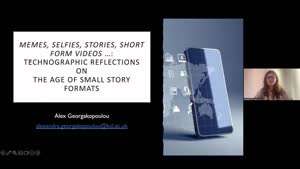
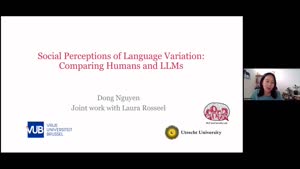
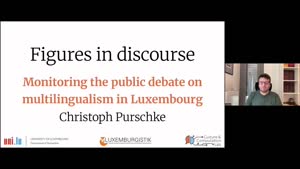
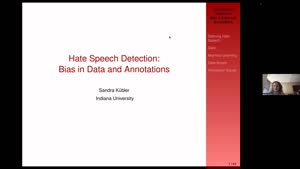
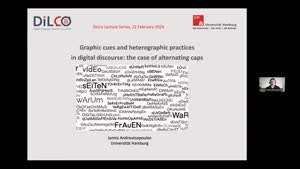
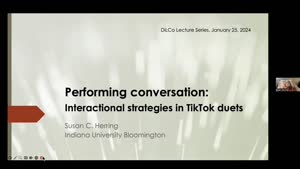
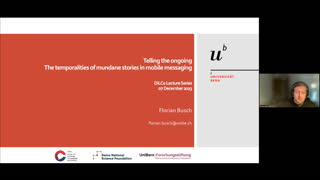
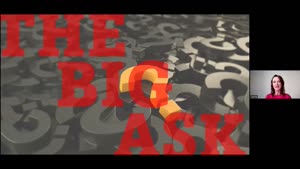
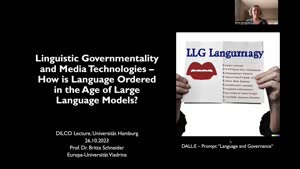
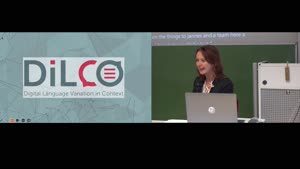
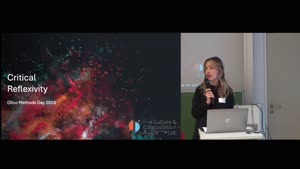
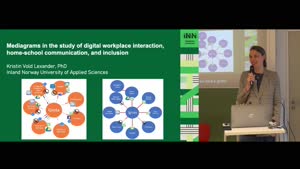
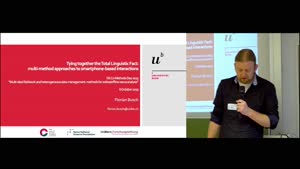
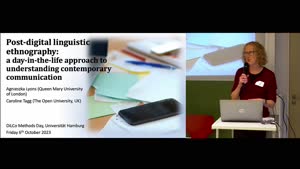
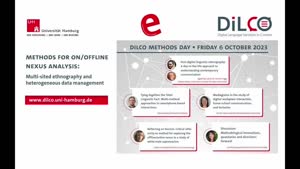
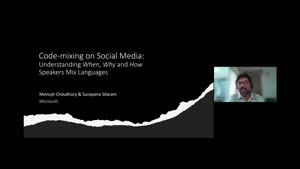
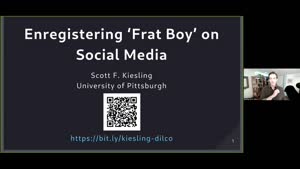
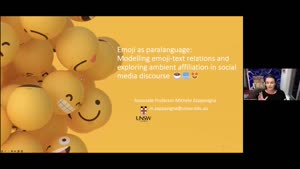
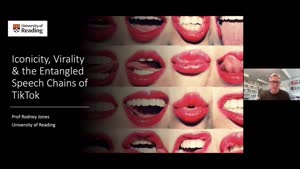
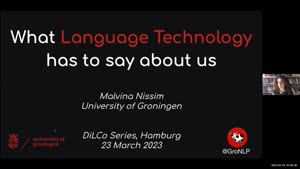
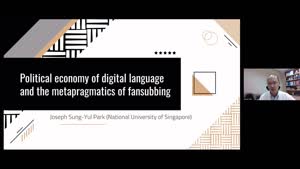
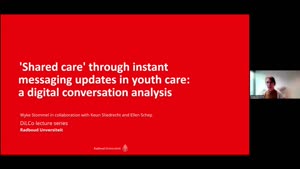
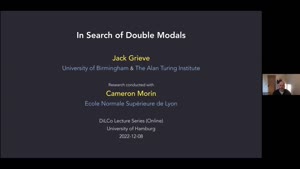
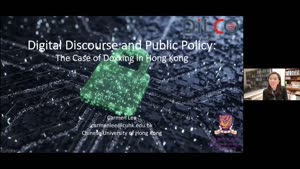
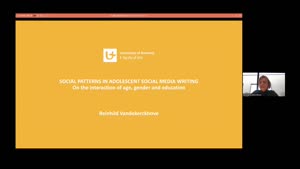
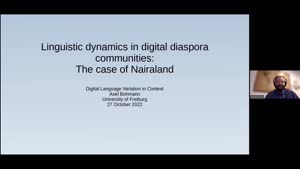
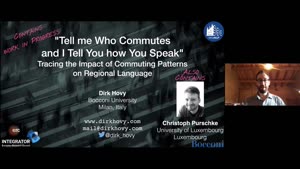
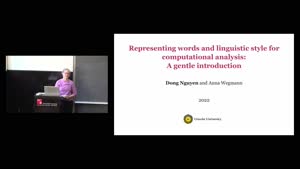
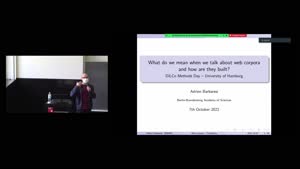
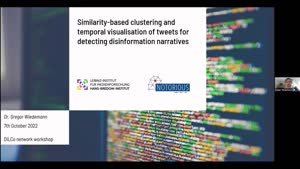
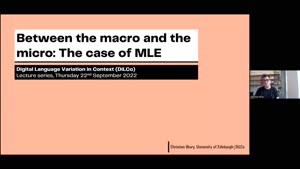
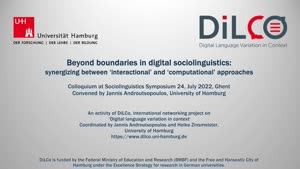
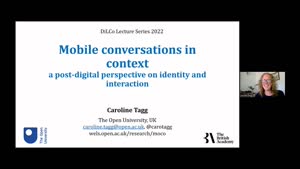
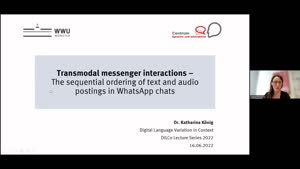
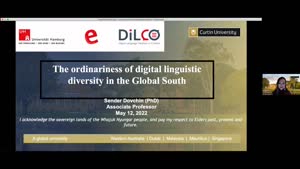
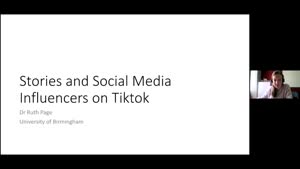
![Miniaturansicht - Graphic Prosody and political discourse on Greek Reddit [Presentation in Greek]](https://lecture2go.uni-hamburg.de/images/00.000_video-61074_2022-03-30_18-30_m.jpg?lastmodified=1663761108652)
